This book seeks to look at the relationship between modernisation and ethnicity. Modernisation (modernity in action) was expected to have struck a blow to ethnic identities. As classical scholarship argued ethnicity would lose its significance in the context of modernisation, however one may define it. Modernity, a product of the European Enlightenment, was supposed to free us from the constraints of traditions, superstitions and irrational beliefs. Ethnicity being one of those constraints would become increasingly weakened. But what one notices today is not only the persistence of ethnic identities but in fact their growing strength both in the developing and traditional societies and the ‘modem’ and advanced societies. It is in this context that the book assumes great significance. After critically examing the concepts of modernity and ethnicity and considerable body of literature on modernisation and ethnicity, the author takes an empirical look at the relationship between the two in the context of the Telugu community in the ‘modern city of Bangalore. He seeks to intervene in the debate through this empirical work on whether modernity has succeeded in supplanting ethnic consciousness, or it has reconciled itself to the existence of identity by co-existing with it. This work by reproblemmatising the relationship between modernity and identity constitutes as important addition to the available body of literature on the same. The book would be of interest to sociologists, political scientists, historians and all those who are keen on looking at the implacable power of identity all over the world.
Modernity, Ethnicity and Development
$44.10
$49.00

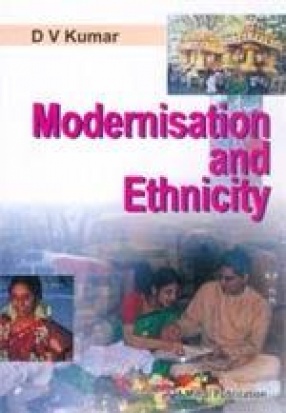
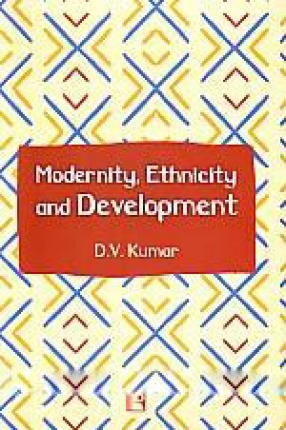
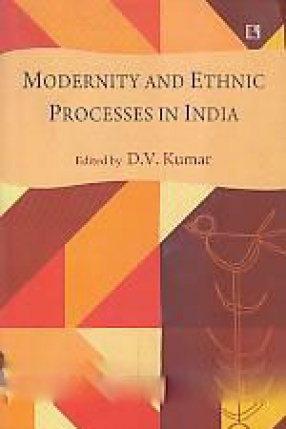

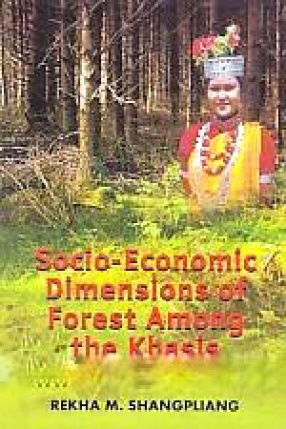
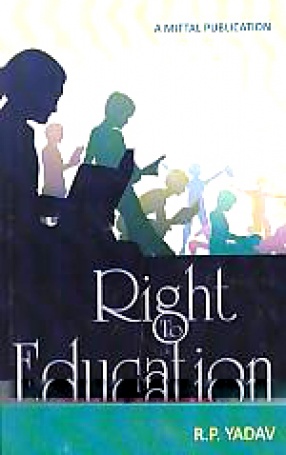
There are no reviews yet.